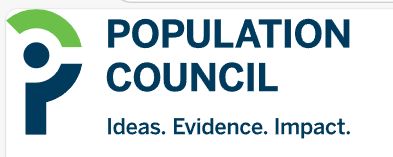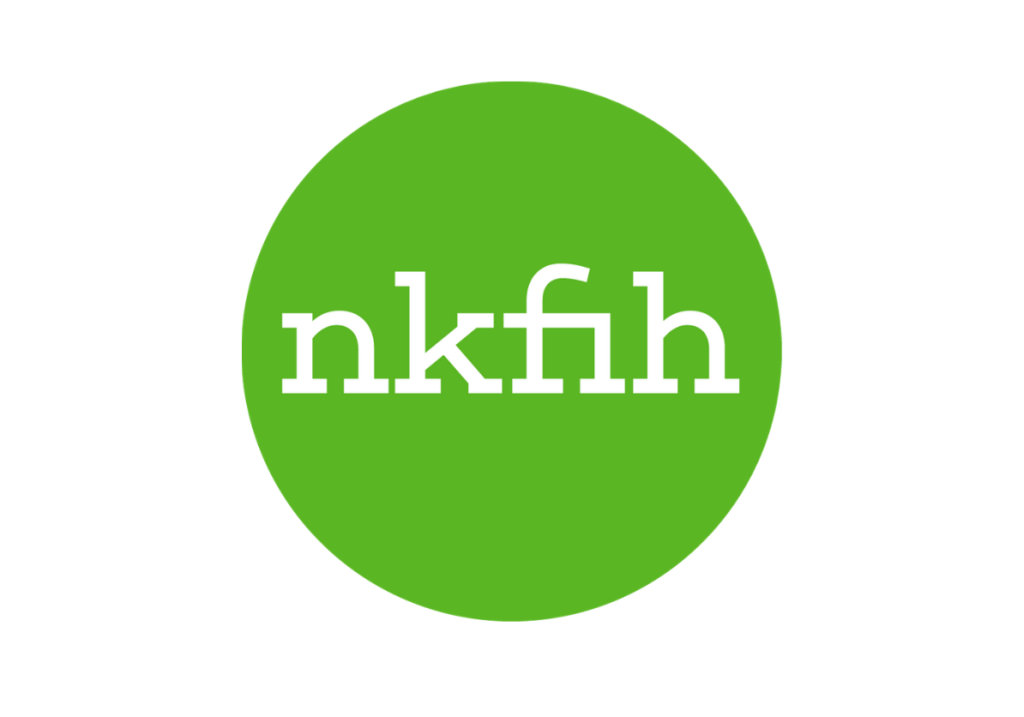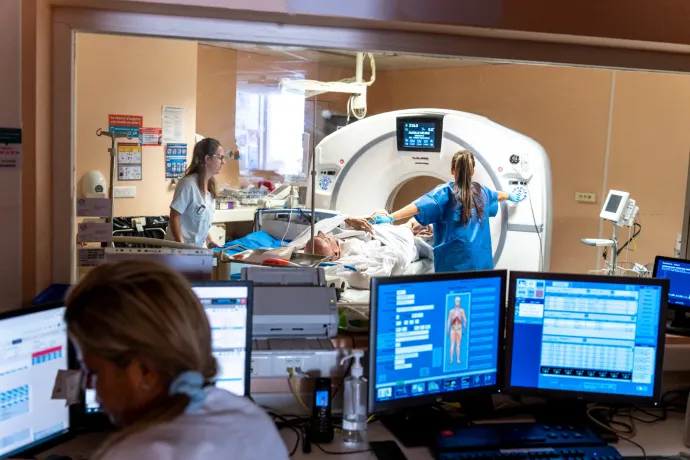Az előadásra hibrid formában kerül sor zoom felületen, illetve személyesen a K.0.11-12-es földszinti előadóban 2025.04.03-án, 13.00 órától.
Előadó: Rácz Olivér
Cím: Drivers of Link Formation in Production Networks
Szerzők: Rácz Olivér Miklós (Budapesti Corvinus Egyetem), Szabó Lajos Tamás (Magyar Nemzeti Bank)
BIO:
Oliver Racz is an assistant professor at Corvinus University Budapest and an external employee at the Central Bank of Hungary. His main research area is the empirical analysis of production (input-output) networks
Absztrakt: What makes a supplier more attractive than its competitors? Which firms are more likely to lose their buyers or suppliers? Such questions determine the shape of the production network of an economy by driving link formation and separation. This paper aims to fill a gap in the literature by providing novel empirical facts about the drivers of link formation using firm-to-firm transaction data from Hungary between 2014 and 2022. We compare firms forming (or severing) a link to similar firms not involved in such linking decisions. We find that firms that are growing faster, make more profits, pay higher wages, and are more productive are more successful in attracting new buyers and suppliers. Contracting a new buyer seems to be preceded by a surge in investments, suggesting a well-prepared decision. Firms that are more likely to lose their buyers or suppliers are already in decline in several dimensions before link separation. Firms losing a buyer show efforts of prevention by cranking up sales and hiring in the last year before they lose their buyer.









